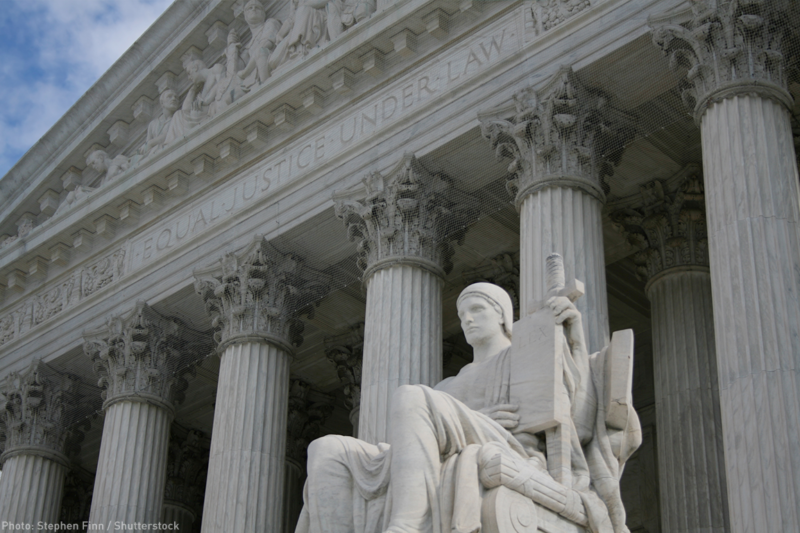
This piece originally appeared at The New York Review of Books.
At the close of his opinion upholding President Donald Trump’s ban on immigrants from five predominantly Muslim countries, Chief Justice John Roberts proclaimed on Tuesday that “Korematsu has nothing to do with this case.” He went on to write that Korematsu v. United States, the 1944 decision that backed the internment of Japanese citizens and immigrants based on their race, “was gravely wrong the day it was decided, has been overruled in the court of history and—to be clear—has no place in law under the Constitution.”
Strong words. But actions speak louder. Even as he acknowledged the court’s error in Korematsu, Roberts repeated it, virtually verbatim, in Trump v. Hawaii. Here, as in Korematsu, the president targeted a vast group of people based on prejudice. Here, as in Korematsu, the president defended his action by citing national security, but offered no evidence to support the assertion. And here, as in Korematsu, the court accepted those unsubstantiated national security concerns without question, applied only the most anemic judicial review, and rubber-stamped the president’s actions. Just as the court would in no other context accept such blatant racial discrimination as that imposed on Japanese Americans during World War II, so the court would in no other setting accept the rampant bias President Trump showed toward the Muslim faith in the travel ban. In both cases, the court deferred to the prejudice of the powerful and abdicated its duty to protect the rights of the vulnerable.
To continue reading this piece at The New York Review of Books, please click here.
Stay informed
Sign up to be the first to hear about how to take action.
By completing this form, I agree to receive occasional emails per the terms of the ACLU's privacy statement.
By completing this form, I agree to receive occasional emails per the terms of the ACLU's privacy statement.
